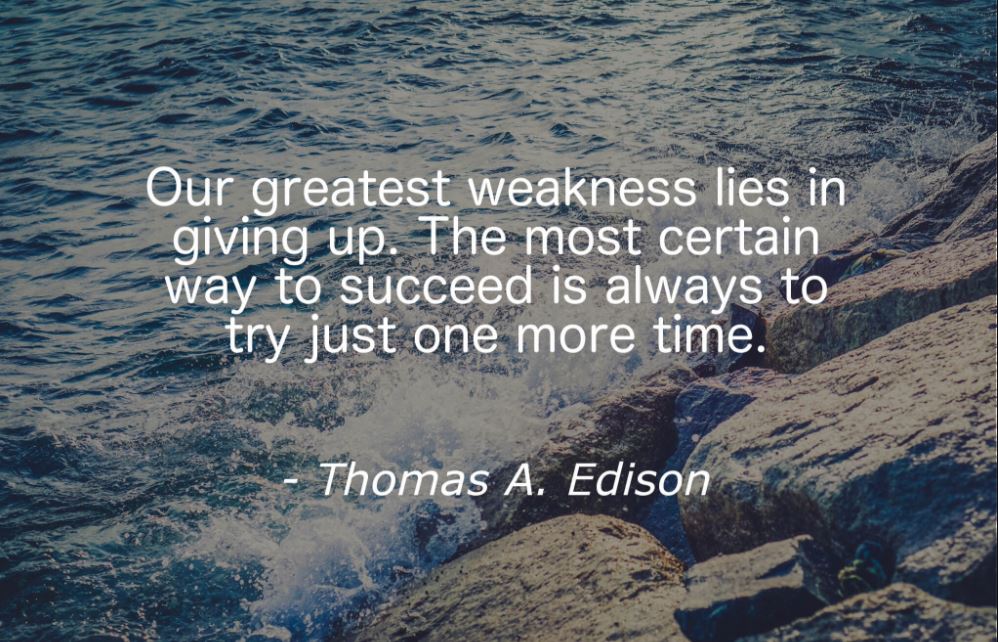As a manager or business owner, one of the biggest responsibilities you have is to assemble a team of skilled and capable employees who can work together to achieve the goals of the organization. But sometimes, as the boss, it can be tempting to micromanage and control every aspect of your team’s work. However, this can actually be counterproductive and limit the potential of your employees.
When you hire good people, it’s important to trust that they have the skills and expertise needed to do their job. By constantly checking in on them, second-guessing their decisions, and imposing unnecessary rules and restrictions, you risk sabotaging their creativity and motivation. This can lead to a decrease in productivity, disengagement, and eventually, high turnover.
So why not let your employees get on with their work and give them the space and resources they need to excel? Here are some reasons why it’s important to trust your team and let them take ownership of their work:
1. Fosters creativity and innovation: When you give your employees a sense of autonomy and ownership over their work, they are more likely to explore new ideas, take risks, and think outside the box. This can lead to innovative solutions and fresh perspectives that can help your business grow and thrive.
2. Builds trust and loyalty: By trusting your employees to do their job, you demonstrate your faith in their abilities and create a sense of mutual respect. This can build a culture of trust and loyalty that can motivate your team to go above and beyond for your company.
3. Increases job satisfaction: When employees feel like they have control over their work and are trusted to make important decisions, they are more likely to feel satisfied in their job. This can lead to higher engagement, better morale, and reduced turnover.
4. Improves productivity: Micromanaging can be a huge time-suck, taking up valuable hours and resources that could be better spent on more important tasks. By letting your employees take ownership of their work, you can free up your time to focus on bigger picture tasks and help your team become more efficient and productive.
In conclusion, hiring good people is only half the battle – you also need to give them the space and trust they need to do their job. By fostering a culture of autonomy, innovation, and mutual respect, you can build a stronger, more engaged team that is motivated to take your business to the next level. So next time you’re tempted to micromanage, remember: you hired good people, so let them get on with it! And you’re free to support the business growth 😉


















You must be logged in to post a comment.